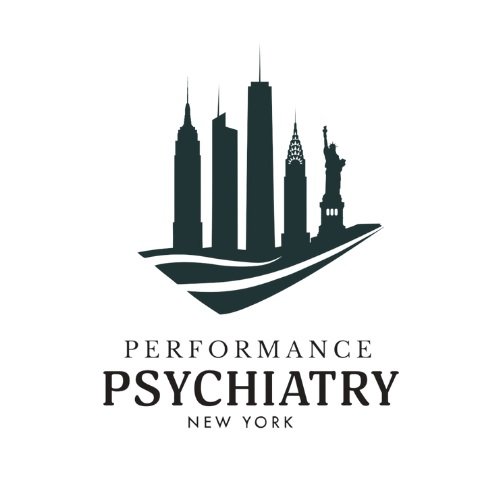How Social Media Use Sometimes Contributes to Attention Deficit
In our digitally-driven world, social media has become an integral part of daily life. From checking updates to scrolling through feeds, it offers a constant stream of information and connection. However, while social media provides numerous benefits, its impact on our attention spans is a growing concern, especially for professionals in high-paced environments. Let’s delve into how social media use can contribute to attention deficit and explore strategies to mitigate its effects.
The Digital Distraction Dilemma
Social media platforms are designed to capture and hold our attention. Notifications, likes, and endless content create a cycle of instant gratification, making it challenging to stay focused on tasks that require sustained attention. This constant bombardment of stimuli can fragment our focus and make it difficult to concentrate for extended periods.
How Social Media Affects Attention
Continuous Partial Attention: Social media encourages a state of continuous partial attention, where we are always alert but never fully engaged. This can lead to decreased productivity and increased cognitive fatigue.
Instant Gratification: The immediate rewards provided by social media, such as likes and comments, can condition our brains to seek constant stimulation. This makes it harder to engage in tasks that require patience and prolonged effort.
Multitasking Myth: Many people believe they can effectively multitask, but research shows that switching between tasks can reduce efficiency and performance. Social media promotes this behavior, leading to shallow engagement with tasks.
Strategies to Manage Social Media Use and Improve Focus
Set Boundaries: Create specific times for social media use and stick to them. Consider using app timers to limit your daily usage.
Designate Social Media-Free Zones: Establish areas, such as your workspace or bedroom, where social media use is off-limits. This helps create an environment conducive to focus and rest.
Mindful Consumption: Be intentional about your social media interactions. Engage with content that adds value to your life and avoid aimless scrolling.
Single-Tasking: Focus on one task at a time. Use techniques like the Pomodoro Technique, which involves working for a set period followed by a short break, to enhance concentration and productivity.
Digital Detox: Schedule regular breaks from social media. A digital detox can help reset your attention span and reduce dependency on constant stimulation.
Professional Development: Engage in activities that promote deep work and sustained attention, such as reading, professional courses, or hobbies that require focus and patience.
The Role of Mental Health Professionals
If you find that social media significantly impacts your attention and productivity, consider speaking with a mental health professional. They can provide tailored strategies to manage digital distractions and discuss the risks and benefits of therapy and medication if necessary.
Finding Balance in a Digital World
Balancing social media use with the demands of a high-paced work environment is crucial for maintaining focus and productivity. By setting boundaries and adopting mindful practices, you can enjoy the benefits of social media without sacrificing your attention span.
Remember, the goal is not to eliminate social media but to use it in a way that supports your overall well-being and professional success. By taking control of your digital habits, you can foster a more focused, productive, and fulfilling work life.

